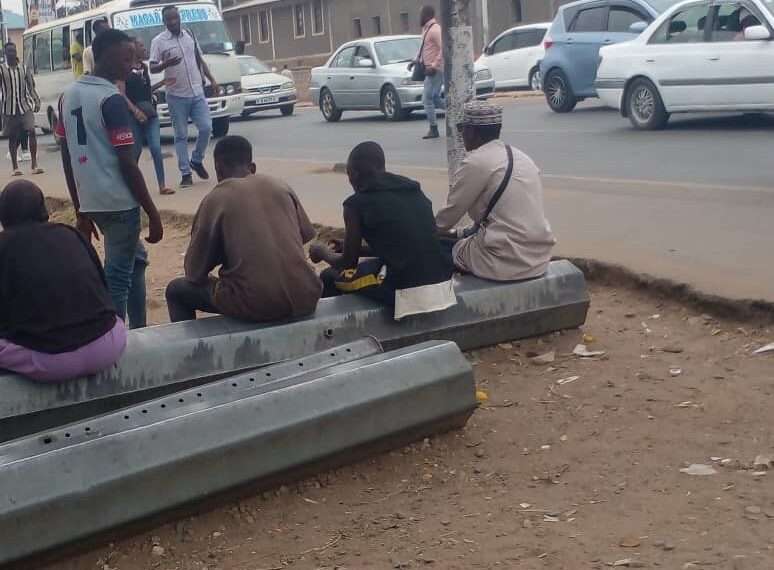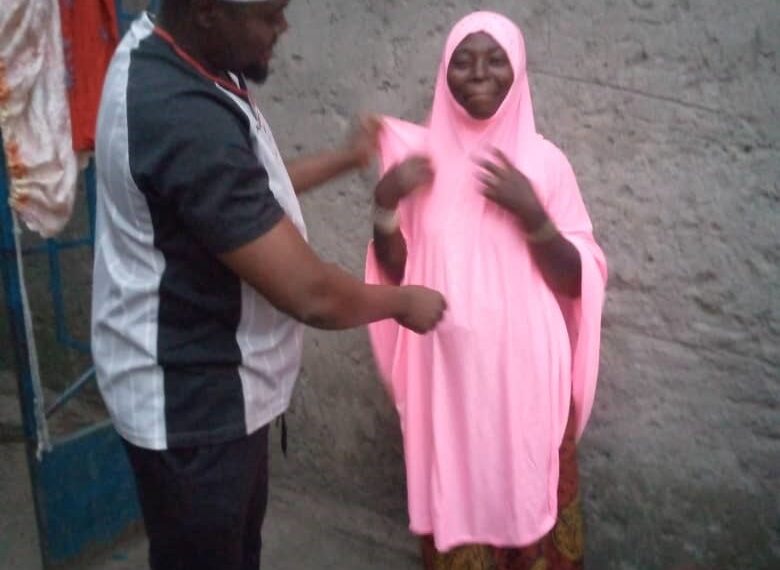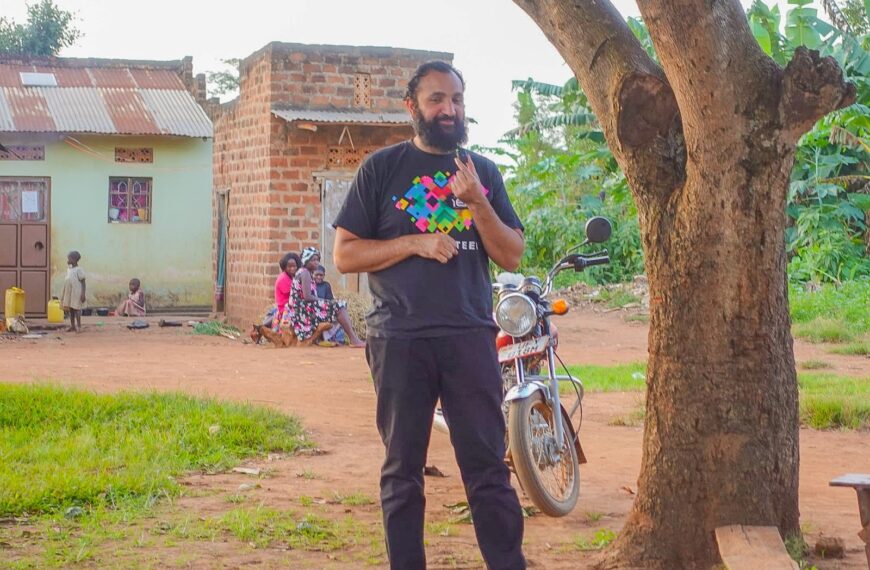The sun rose gently over the Ugandan countryside, casting a golden warmth across the red earth and thatched rooftops. In a quiet village, the day began as it always had—early and with purpose.
Among the early risers was Namuwonge Jane, a woman of strength and perseverance.
With her hands calloused from labor, she laid bricks beneath the morning sun, building with the same steady hands that had held her life together through challenge and change.
But this day was different. Unbeknownst to her, it was not only bricks that would be laid—it would be the foundation of something far greater: her return to faith.
As she worked, a group of iERA Uganda Du’at—those who walk village to village carrying the message of Islam with sincerity and love—made their way through the community. Their presence was gentle, their hearts full of purpose. When they saw Jane, something urged them to stop. Not out of coincidence, but divine appointment.
They approached her respectfully, asking, “Sister, may we have a moment of your time?” Jane, curious and open, set aside her work and listened.
When asked if she had ever heard of Islam, Jane did not answer as a stranger to the faith. She shared a story that surprised the du’ats. “I was born to Muslim parents,” she said softly, “but when I was still young, my parents became Born-Again Christians. I followed where they led. That’s what children do.”
Her voice held no bitterness—only honesty. She went on to explain that her parents had believed blessings would come through the pastors they followed, promises wrapped in prayer and prosperity.
The du’ats listened with compassion, then gently offered another perspective. They spoke not with pressure, but with love. “Sister,” they said, “blessings come only from the One who created the heavens and the earth. It is Allah alone—without partners, without intermediaries—who grants life, who provides, who heals, who blesses.”
They shared with her the essence of Tawheed—the Oneness of God—and how all Prophets, from Adam to Muhammad (peace be upon them all), called people to worship the One true God, directly, without any intercessors.
Jane listened intently. Her heart stirred. The message was not unfamiliar—it was ancient, something that had been tucked away in the corners of her memory since childhood. But she had questions. Thoughtful ones. She asked about Islam’s teachings, about its compassion, its view of community, of charity, of care for the poor.
And the du’ats answered. They spoke of the Prophet Muhammad ﷺ, whose mercy encompassed the orphan, the widow, the stranger. They spoke of Zakat, the obligation to give, and of Ummah, the community bound by faith and mutual care. They spoke of peace—not just as a greeting, but as a way of life.
As their words flowed, something shifted within Jane. The truths of Islam, once distant, now stood before her with open arms. It was as if her soul had been waiting, quietly, for this invitation home.
And home she came.
With tears in her eyes and peace in her heart, she whispered the words of the Shahada—the testimony of faith—and the name “Jane” fell behind her like an old coat. She embraced a new name: Hajarah. A name that carried with it the legacy of a woman of faith and fortitude, and symbolized her own new beginning.
That morning, Hajarah had risen to lay bricks. By evening, she had laid the cornerstone of her renewed life. The dusty path she had walked for years now shone with divine light, and her hands—once used only to build homes—were now raised in prayer to the One who had guided her back.
Hajarah’s story is a gentle reminder to us all: faith may sleep, but it never dies. And when Allah calls the heart, it will find its way—no matter how long it has wandered.





